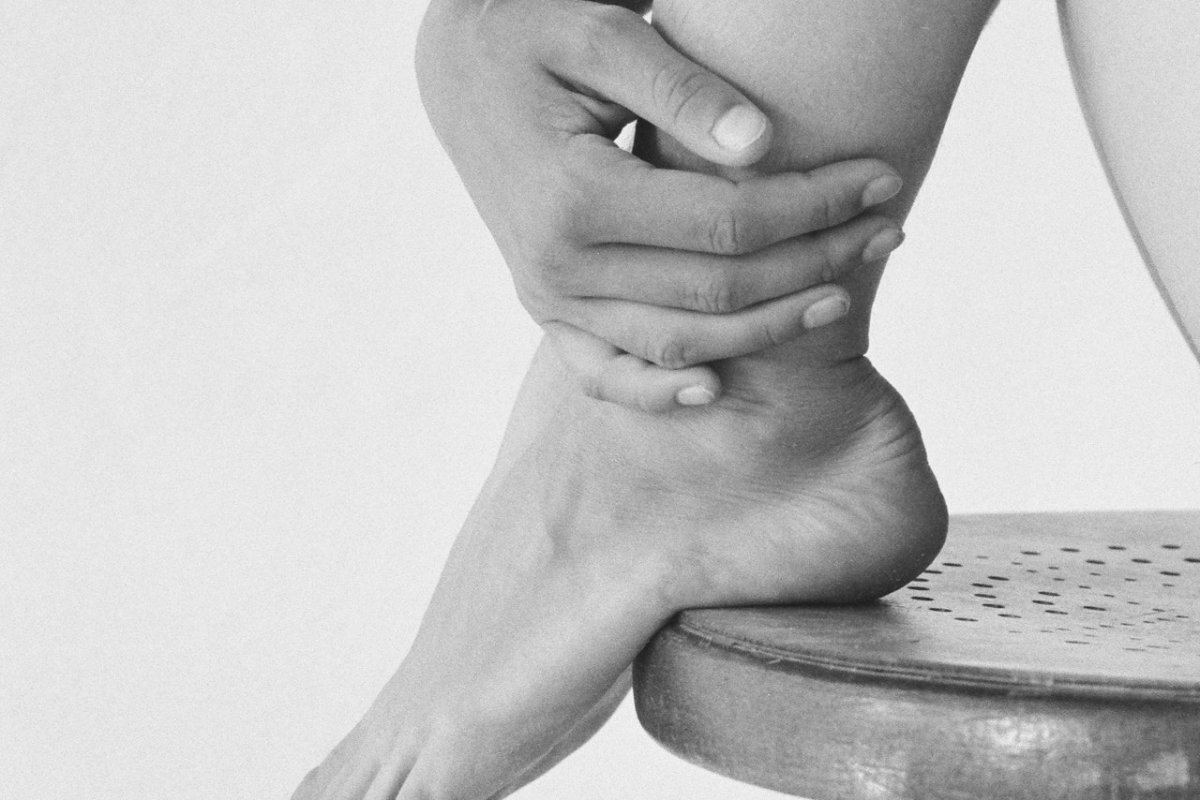
Swollen ankles after taking ibuprofen may mean you have developed a kidney problem. Blood in the urine or no urine “at all” can also indicate kidney problems.
Kidney problems associated with ibuprofen include chronic kidney disease (CKD). CKD is a long-term condition in which the kidneys are not working the way they should.
“CKD can get worse over time and eventually the kidneys can stop working altogether, but this is rare. Many people with CKD can live a long life with the disease,” says GP Irina Andreeva, especially for MedicForum.
Ibuprofen side effects: 5 common and 1 rare sign
Andreeva says that other symptoms of CKD include fatigue, shortness of breath, and feeling unwell. Chronic kidney disease is “usually” caused by other conditions that put a strain on the kidneys.
This may include:
- High blood pressure – Over time, this can put pressure on the small blood vessels in the kidneys and stop the kidneys from working properly.
- Diabetes – Too much glucose in the blood can damage the tiny filters in the kidneys.
- High cholesterol levels – this can cause fatty deposits to build up in the blood vessels that supply the kidneys, which can make it difficult for them to function properly.
- Kidney infections.
- Glomerulonephritis – inflammation of the kidneys.
- Long-term, regular use of certain medications, such as lithium and non-steroidal anti-inflammatory drugs.
About one in 100 people experience “normal” side effects with ibuprofen.
This includes:
- Headaches
- Feeling dizzy
- Feeling nauseous (nausea)
- Illness (vomiting)
- Wind
- Indigestion
Ibuprofen recognized as one of the most problematic drugs
If these side effects becoming tsya uncontrollable, you should seek help from a doctor.
Earlier, Medikforum wrote about how to prolong your life.
